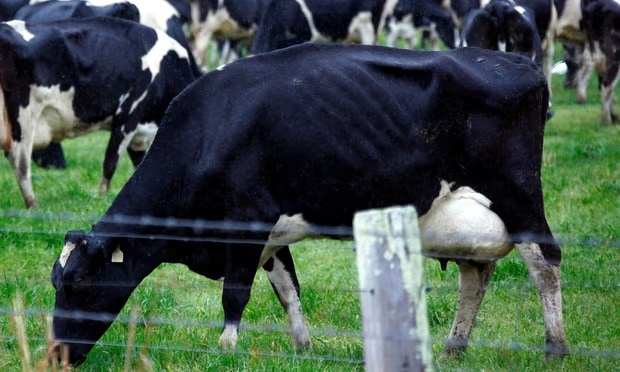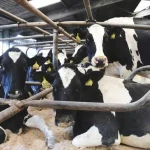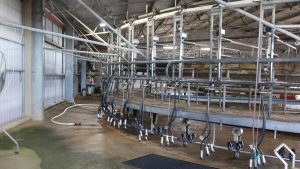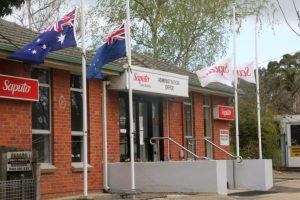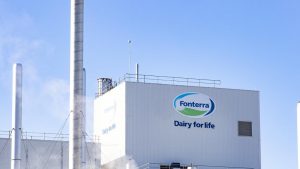
Dairy farmers warn the deal could reduce competition and lead to lower prices for producers.
The Australian consumer watchdog has delayed its decision on the acquisition by supermarket giant Coles of two major milk processing facilities, which dairy farmers warn would further reduce competition and lower milk prices.
In April, Coles announced it had purchased two fresh milk processing plants from dairy processor Saputo for $105m, subject to regulatory approval from the Australian Competition and Consumer Commission (ACCC).
The ACCC’s decision was slated to be handed down on Thursday but has been delayed after the regulator requested additional documents from Coles and Saputo last week.
If the acquisition is approved by the watchdog, Coles would become the first supermarket in Australia to own and operate its own milk processing facilities.
Coles already acquires about 80% of milk processed at the facilities, buying raw milk from producers and processing it at the plants under an agreement with Saputo.
Advocacy body Australian Dairy Farmers (ADF) is calling on the ACCC to oppose the Coles takeover.
“The deal will not improve transparency, bargaining power imbalances, information sharing or competition – not for farmers, processors, other milk brands or consumers,” the ADF president, Rick Gladigau, said in a statement.
“ADF is concerned the proposed deal would provide Coles with more incentive to steer buyers towards its own private-label milk by restricting the shelf space and/or pricing of branded milk in its stores.”
The two facilities – the Erskine Park factory in New South Wales and the Laverton plant in Victoria – process and bottle milk for supermarket shelves.
In July, the ACCC expressed concerns the acquisition would cause major structural change in the industry. It says it is “carefully considering” if Saputo, one of the largest dairy processors in the country, would leave the NSW market if the deal were to go ahead.
“For NSW dairy farmers, concerns have been raised that this acquisition may change Saputo’s incentives to continue acquiring raw milk in NSW,” ACC deputy chair, Mick Keogh, said.
The chair of NSW Farmers’ dairy committee, Phil Ryan, said the organisation was not “explicitly opposed” to the acquisition but farmers had expressed concern.
Many dairy farmers still carry animosity for the two major supermarkets for the $1-a-litre milk wars, which saw both Woolworths and Coles offering milk as a loss leader in order to attract customers.
Ryan said dairy farmers had highlighted two key concerns. First, that it “would increase Coles’ market power and therefore perhaps their ability to influence the market in a negative way”.
And second, “that it may lead to Saputo leaving the fresh market, which would reduce competition”.
Ryan said that while a majority of NSW Farmers’ members were against the acquisition, some producers who supply milk to the two facilities had expressed support.
“To some extent we [farmers] are not in the best position to understand all of the implications, but the ACCC is,” he said. “Fear and doubt is not necessarily the best basis for making a decision.”
The chair of Dairy NSW, James Neal, said the acquisition appeared to be a step towards greater profits for Coles at the expense of milk producers.
“Their markets are going to increase and everyone else’s will decrease because they’ve got too much market power,” said Neal, a northern NSW dairy farmer. “The sniff test is not there. To me, it’s not an equitable system … why can they make such large profits? Because there’s no competition.”
In a statement, a Coles spokesperson said the supermarket was providing further information to the ACCC, as requested.
The ACCC is yet to confirm a revised decision date.
